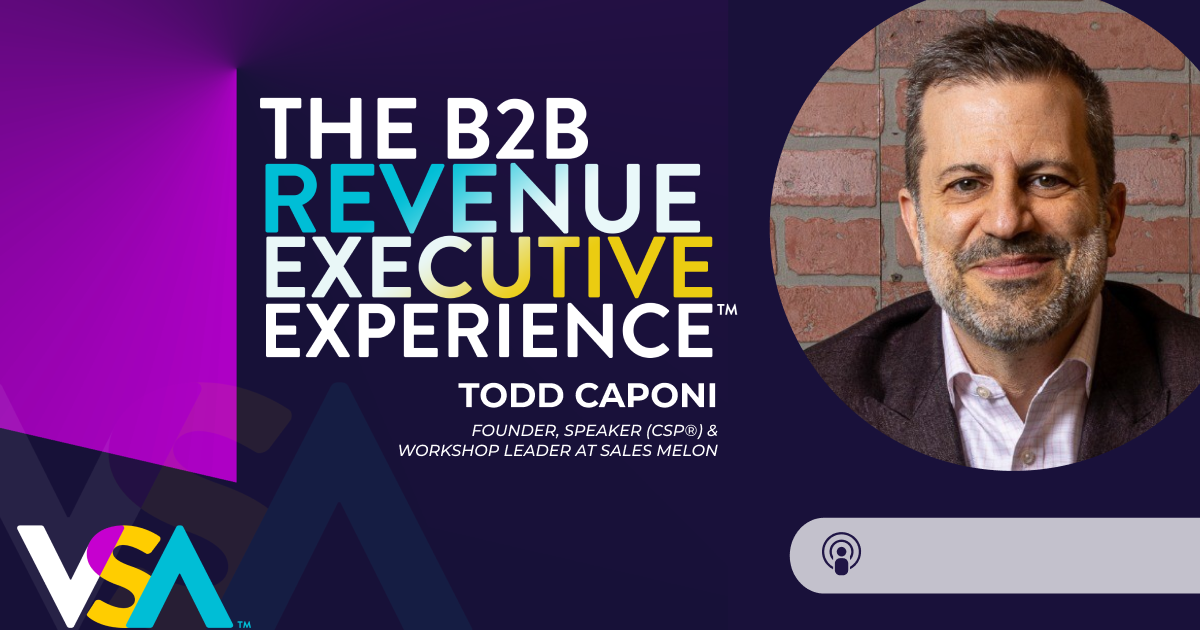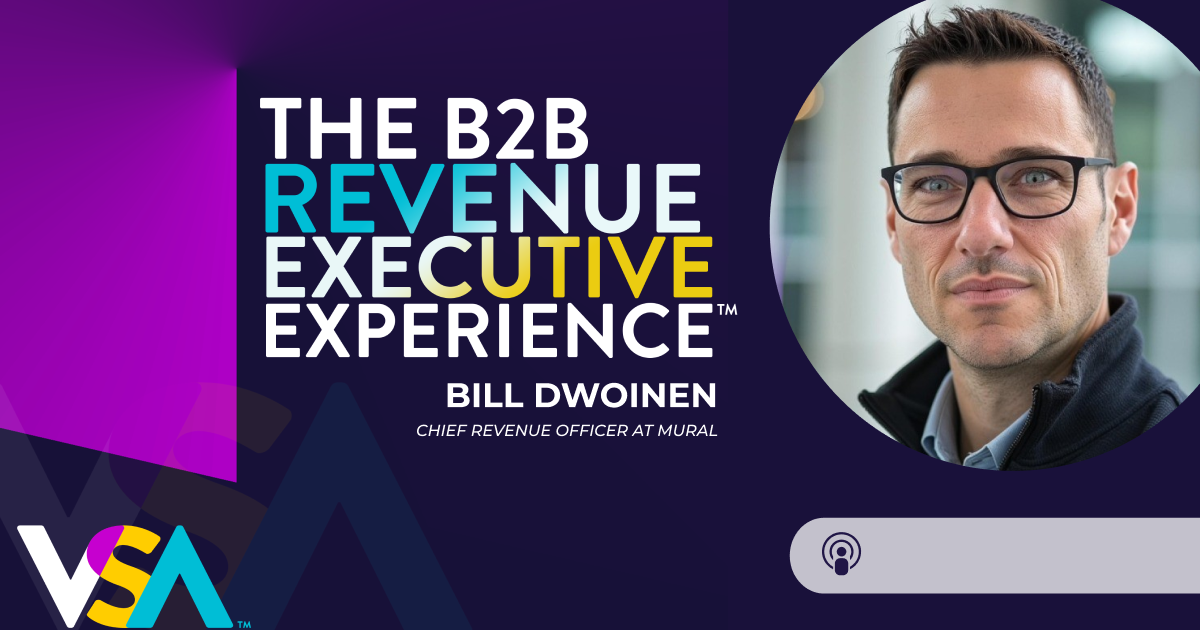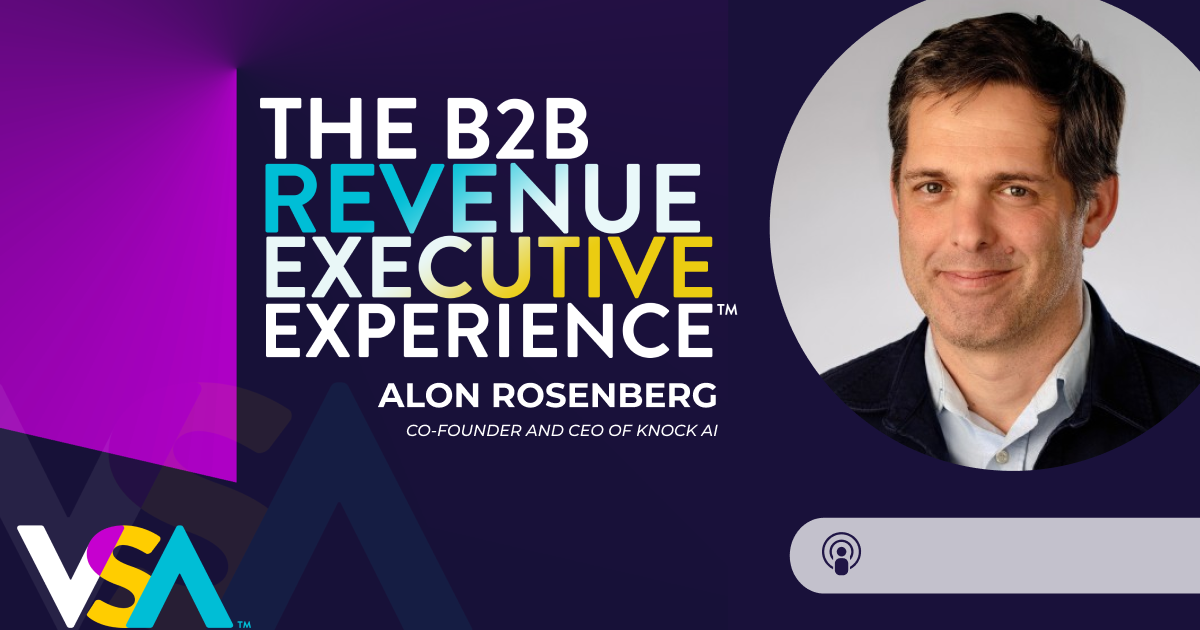How Comedy Principles Can Drive Greater Results

When was the last time you really laughed at work? I mean genuine laughter.
Side-splitting, foot-stamping, making-note-of-the-nearest-bathroom laughter.
The workplace needs more comedy. Now, I’m not saying we need to turn the office into a comedy club, but…
My guest, Chris Tabish, might.
Chris is Co-Founder at Venture West Consulting and Author and Speaker: “Comediology,” a book explaining how we can be more fulfilled and effective in business with comedy.
Really though, it’s not the comedy club atmosphere we need to adopt, but the principles underlying comedy — principles we can adopt as a philosophy to bring some levity to our businesses and also drive real results.
Let’s see how.
The principles of comedy in the workplace
Originally, Chris was doing something many of us are guilty of at some point — working hard at a job that made him absolutely miserable.
He was doing it because he needed a way to earn enough to send his kids to college so they could get jobs which could make them miserable, too.
Of course, this wasn’t his intention. He thought he was setting them up for success.
But after his wife vented her frustration at his constant professional misery by committing aggravated battery on their bathroom door, it clicked: He was really setting up his kids for failure.
Really, he wanted them to live for their dreams. He wanted them to be fulfilled. But for that to happen, he needed it to be true for him.
Ultimately, this search for joy and fulfillment led him to standup comedy, starting his own business and the realization that comedy has a lot to teach the professional world.
Comedy can do more for a business than just bringing some levity, which, don’t get me wrong, is still important — some offices are like a slow-motion lobotomy. The foundational principles of comedy can also offer insights we can use to better our businesses.
“Take some of the things from comedy and bring them into your professional life. It provides levity and fun, but it also makes you more effective.”
CHRIS TABISH at Venture West Consulting and Author of “Comediology“
Comedy principles can drive results.
Chris lays more out in his book and in the episode, but here are some of the most important principles of comedy:
- Truth
- Authenticity
- Creativity
The workplace needs the authenticity of comedy
Let’s concentrate on truth because probably the most important principle of comedy — and it’s severely lacking in the professional world.
If you’ve ever donned a plastic smile and high-pitched voice like a ventriloquist dummy on SSRIs to tell your boss how great his terrible idea is, you know how hard it can be to be truthful at work.
But everyone can tell when someone is sugarcoating something. And it’s one of the things making work a drag. It’s also irritating to your customers.
Who wouldn’t prefer the salesperson who warns them the airbags sometimes go off for no reason on the freeway over the one who praises the car’s predictive safety features? Almost everybody prefers hearing the truth — with notable exceptions like guys with toupees and anyone showing you baby photos.
“Comedy is truth. That’s why it’s funny — because it resonates with us.”
CHRIS TABISH at Venture West Consulting and Author of “Comediology“
We want the truth from people because we want them to display another principle of comedy — authenticity.
And yeah, authenticity is such a buzzword these days in the professional world — almost every time it’s used, it’s used inauthentically.
This is why an employee asked for input or analysis feels pressure to defer to what the rest of the industry is doing, what other analysts have said, or the last employee’s opinion.
There’s pressure, often from the top, to be inauthentic. And it’s holding companies back.
We need to encourage authenticity and shape our company cultures around it. Every time someone holds in their real opinion because they’re afraid to rock the boat, you miss out on possible solutions and opportunities.
You miss out on creativity.
Let me hear your dumbest ideas
Another principle of comedy the workforce needs more of is creativity — which, really, is another extension of authenticity.
Chris looks at creativity as an investment. He calls it The Creative 401k. And no, that’s not a euphemism for a Ponzi scheme.
The idea is that you need to always be investing in new ideas, so you always have something to bring the table to make your vision and passion a reality. It’s believing in your ideas and taking the risk to share them with the world.
“There’s a vision or passion you have. What are you doing to get in touch with it?”
CHRIS TABISH at Venture West Consulting and Author of “Comediology“
Think of a comedian going on stage. They need material, they can’t just show up with nothing. And once they go on stage, they need the courage to share their point of view.
But this courage is something you need to train.
In the workplace, Chris suggests a couple of exercises to build this creative courage and a culture of authenticity.
In the first, everyone in the office is encouraged to share the worst ideas they can come up with. You can come up with any stupid idea — inflatable dartboards, a cereal called Honey Bunches of Goats, reality television — and be praised for it.
In the second, which he often does with people in his workshops, you get everyone to sit down and “rant,” which is basically just writing as quickly as possible. Anything in your head goes on the paper.
These exercises allow us to remove the self-censoring portion of our brains from the equation, the part of us which says “No, that’s a dumb idea.”
In the first exercise, that’s the whole point. In the second, the speed at which you’re jotting down these thoughts bypasses it completely.
And, surprisingly, some good ideas end up creeping out.
Try it, you’ll be surprised what you come up with.
This blogpost includes highlights of our podcast interview with Chris Tabish, Co-Founder at Venture West Consulting and Author of “Comediology.”
Subscribe to hear this episode and many more like it. For the entire interview, you can listen to The B2B Revenue Executive Experience. If you don’t use Apple Podcasts, we suggest this link.
Explore More









